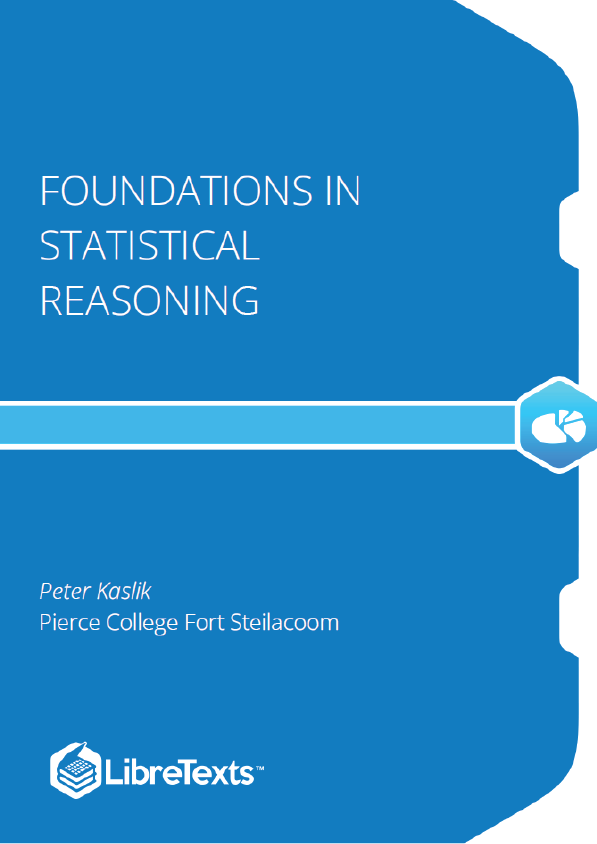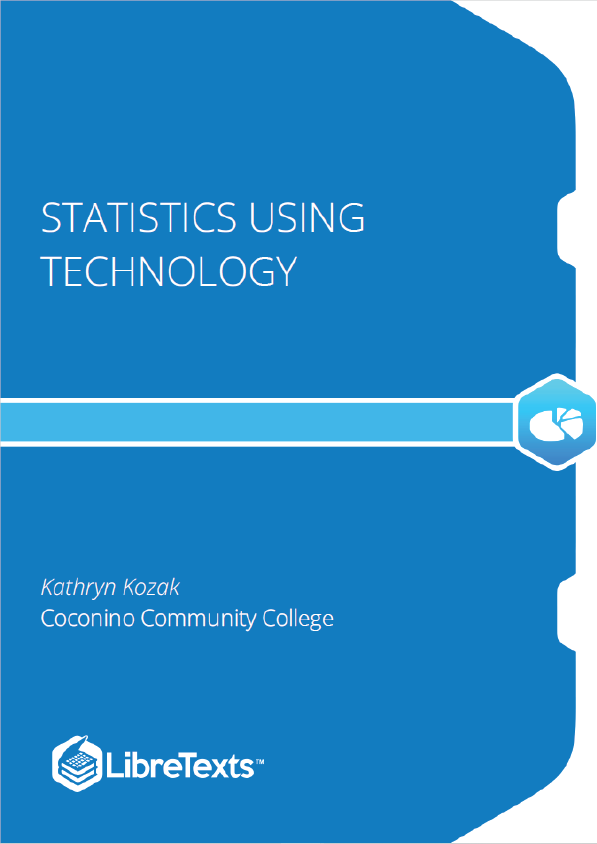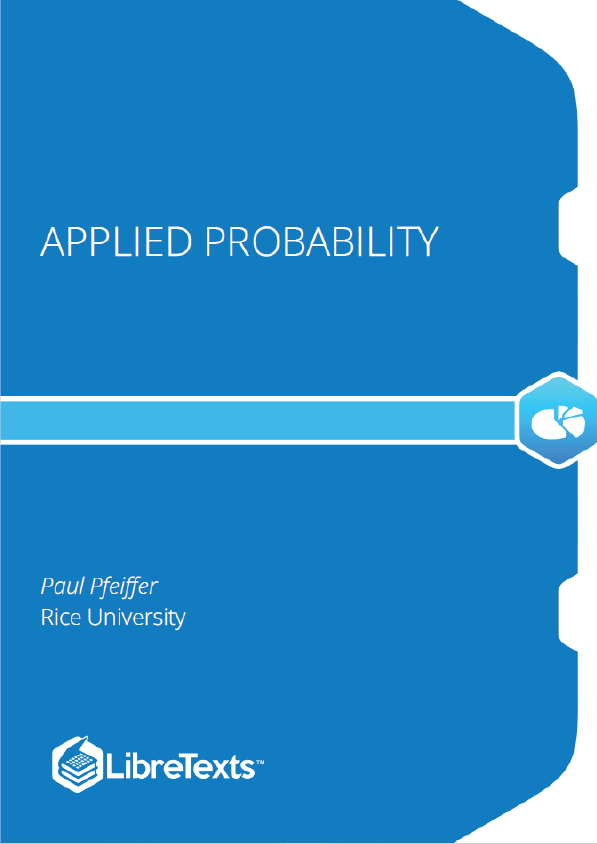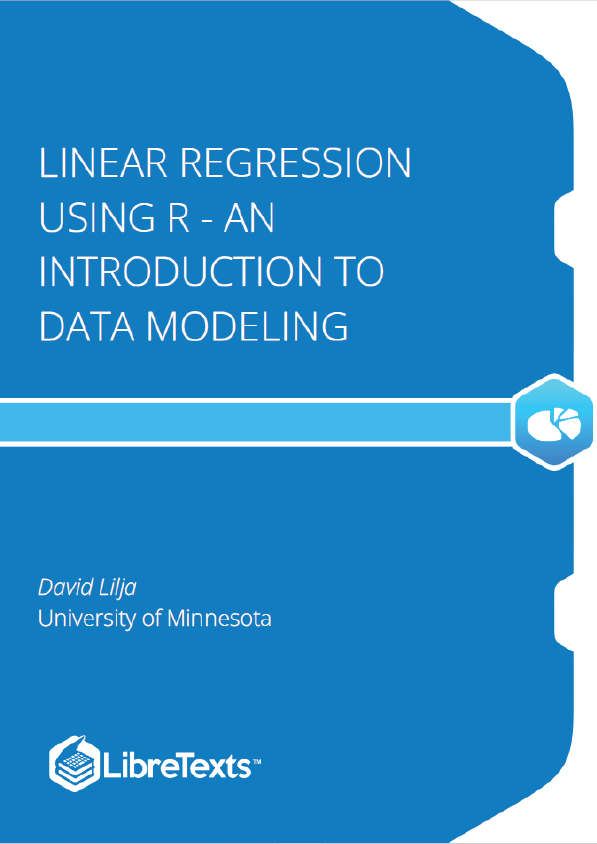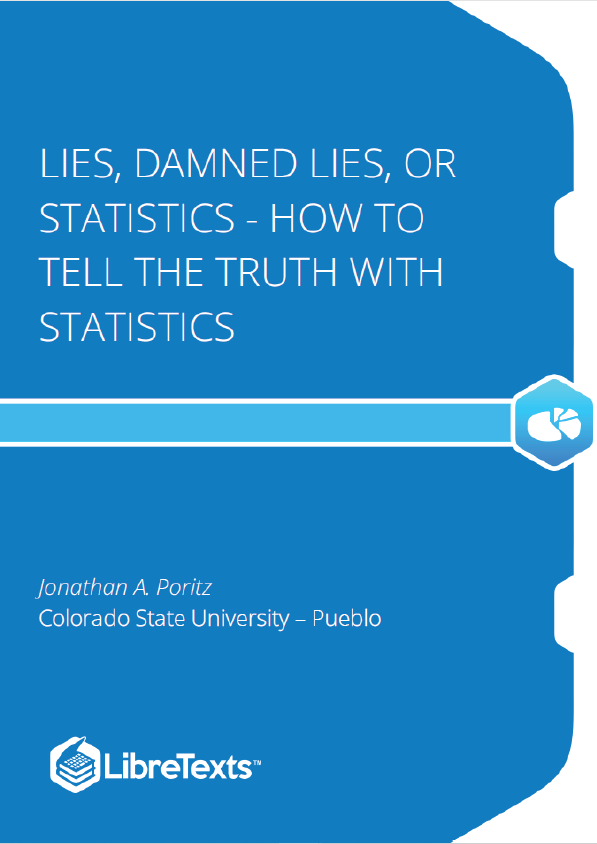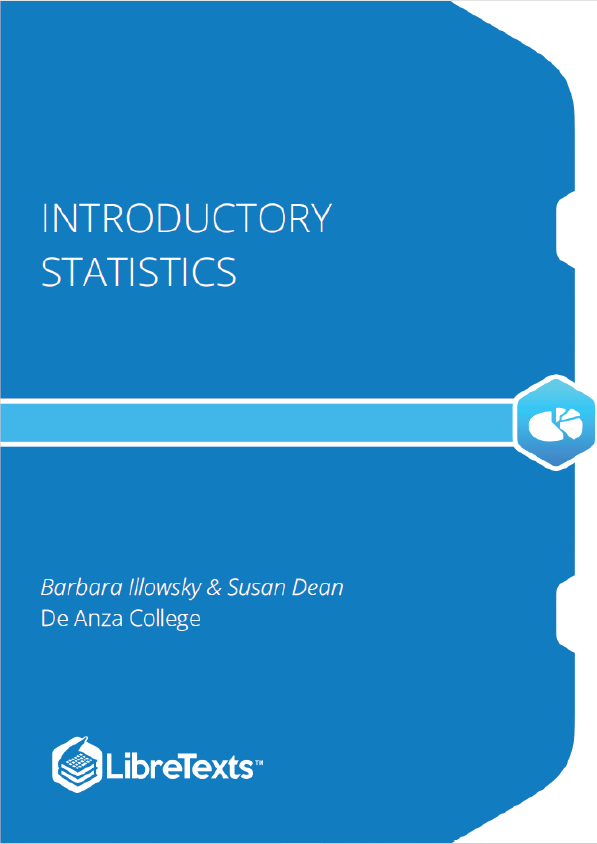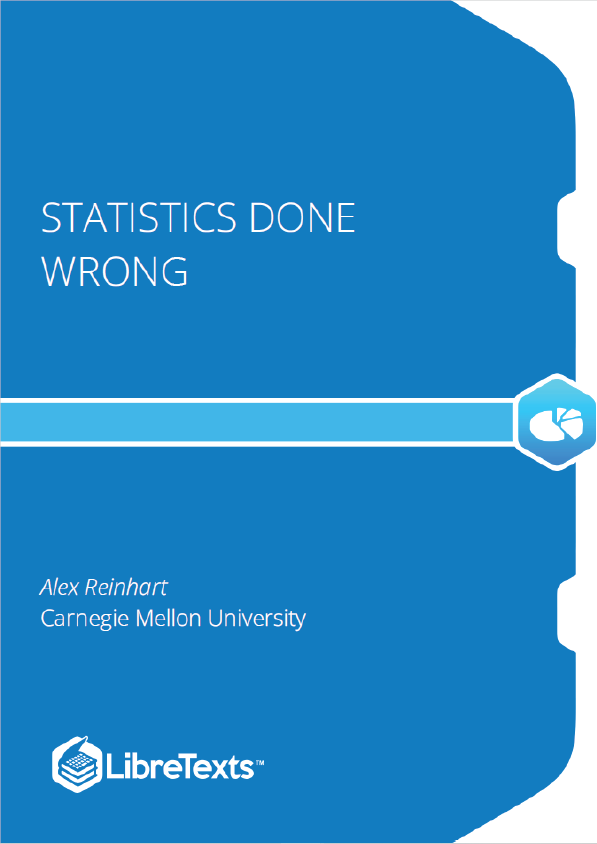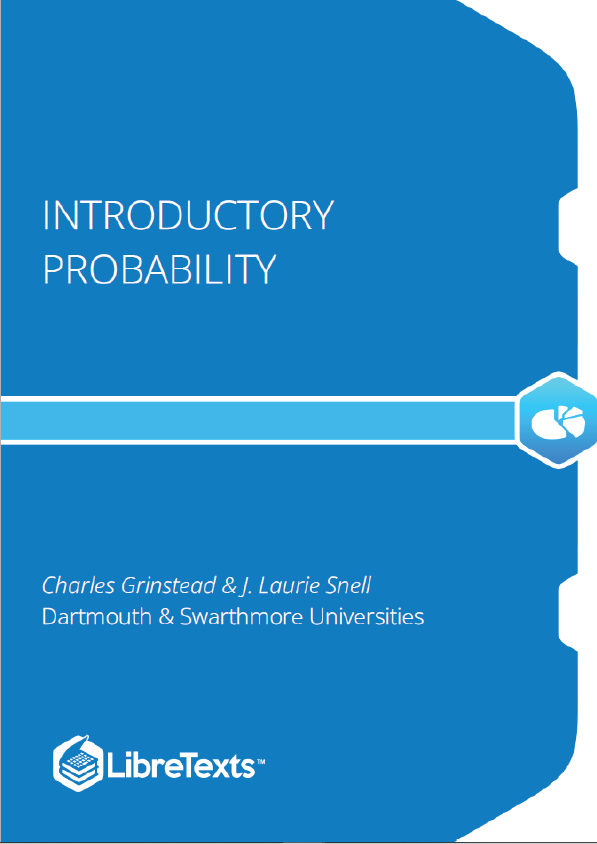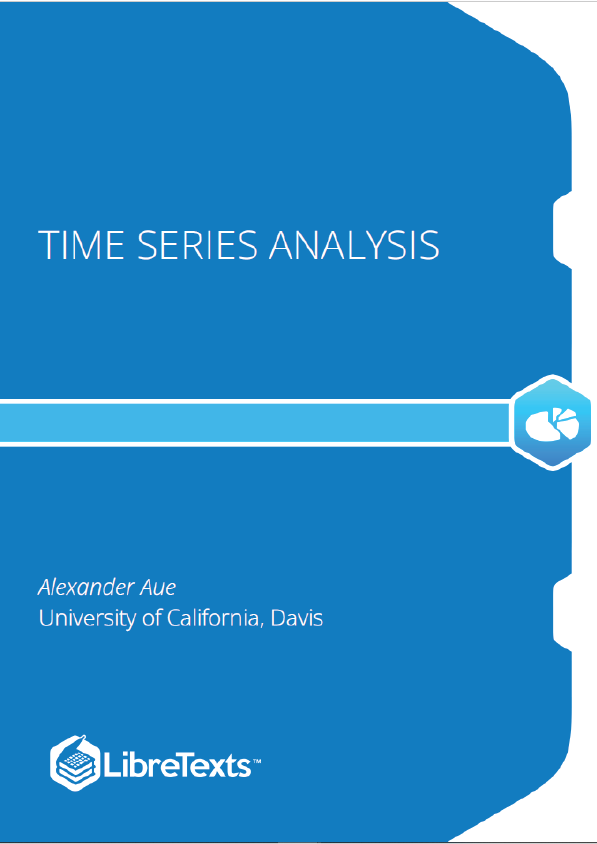This book starts by presenting an overview of the statistical thought process. By the end of chapter 2, students are already familiar with concepts such as hypotheses, level of significance, p-values, errors. Normally these topics are not introduced until after a discussion of probability and sampling distributions. My approach to probability and sampling distributions is also very different. Because students using this book know about hypotheses before we reach the probability section, inferential theory can be developed by applying the probability rules the testing of a hypothesis. To me, this leads to better and more interesting questions than are typically asked in these sections and gives meaning to these concepts. Other differences include homework problems that require the integration of topics from different chapters as well as one problem in each chapter based on issues discussed in other classes on our campus (e.g. psychology, criminal justice, economics, etc).
Take a moment to visualize humanity in its entirety, from the earliest humans to the present. How would you characterize the wellbeing of humanity? Think beyond the latest stories in the news. To help clarify, think about medical treatment, housing, transportation, education, and our knowledge. While there is no denying that we have some problems that did not exist in earlier generations, we also have considerably more knowledge. The progress humanity has made in learning about ourselves, our world and our universe has been fueled by the desire of people to solve problems or gain an understanding. It has been financed through both public and private monies. It has been achieved through a continual process of people proposing theories and others attempting to refute the theories using evidence. Theories that are not refuted become part of our collective knowledge. No single person has accomplished this, it has been a collective effort of humankind. As much as we know and have accomplished, there is a lot that we don’t know and have not yet accomplished. There are many different organizations and institutions that contribute to humanity’s gains in knowledge, however one organization stands out for challenging humanity to achieve even more. This organization is XPrize.1 On their webpage they explain that they are an innovation engine. A facilitator of exponential change. A catalyst for the benefit of humanity.” This organization challenges humanity to solve bold problems by hosting competitions and providing a monetary prize to the winning team. Examples of some of their competitions include:
- 2004: Ansari XPrize ($10 million) – Private Space Travel – build a reliable, reusable, privately financed, manned spaceship capable of carrying three people to 100 kilometers above the Earth’s surface twice within two weeks.
- Current: The Barbara Bush Foundation Adult Literacy XPrize ($7 million) – “challenging teams to develop mobile applications for existing smart devices that result in the greatest increase in literacy skills among participating adult learners in just 12 months.”
